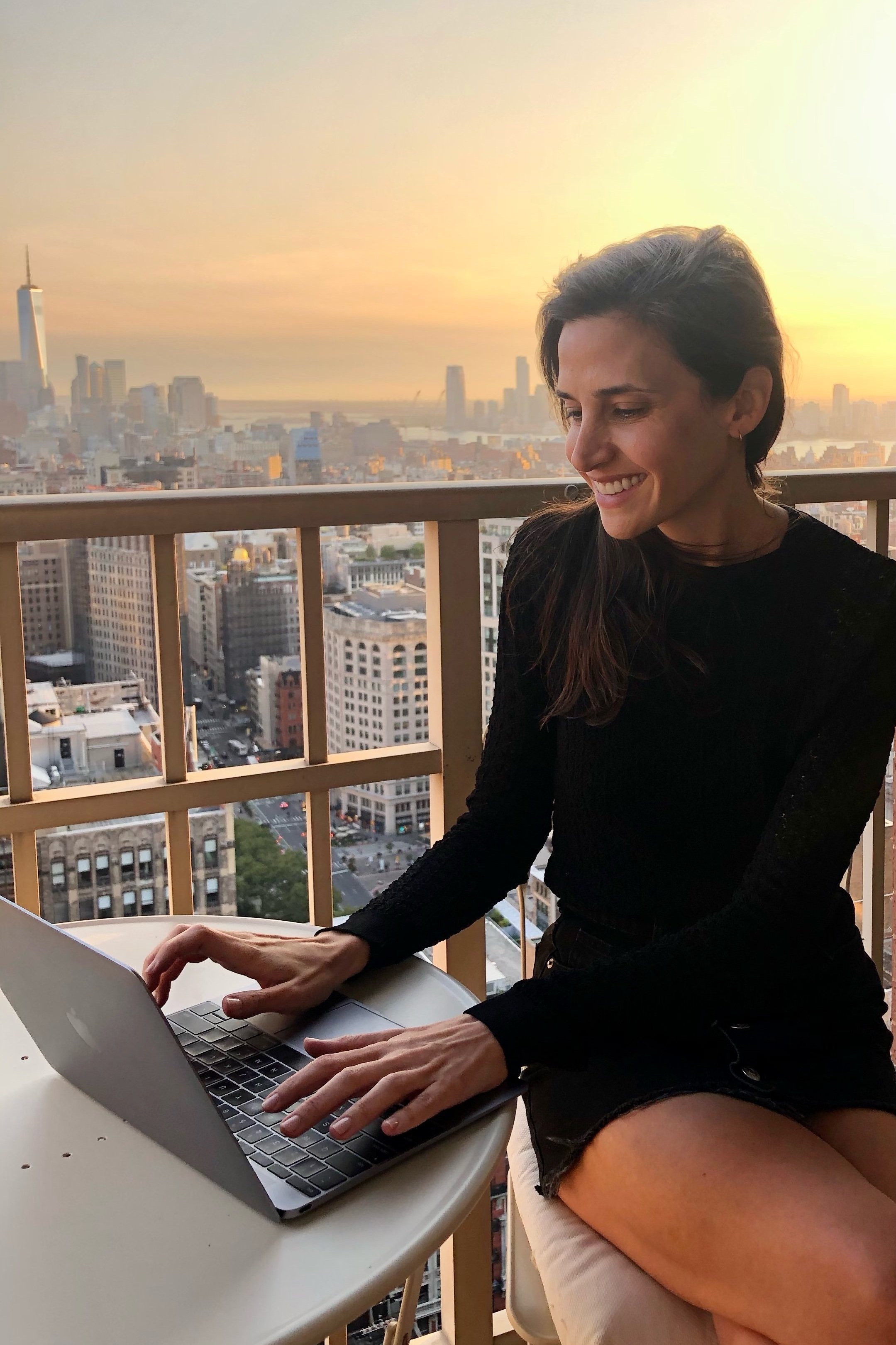
The Consultation Room is the private practice of therapist and storyteller, Emily Schreter.
Weclome. I’m Emily, and my life’s work is helping people find their voice and reconnect to themselves—especially when they’ve built a life that looks good on paper, but feels misaligned beneath.
I hold therapeutic spaces where people can explore the internal workings of mind, body, and heart—and start rewriting the narrative that’s been quietly running the show.
My Story
I know this work intimately because I’ve lived it.
Learning to trust myself didn’t come easily. It began with slowing down, listening inward, and questioning the thought patterns and behaviors that had been running on autopilot for years.
Eventually, I found the courage to speak more freely, live more fully, and reshape the way I related to time, achievement, and self-worth.
Now, I spend my days practicing presence, honoring my intuition, and choosing work that energizes and nourishes me—and the world around me.
I want a life like that for you, too.
Not because it’s “perfect,” but because it’s rooted in truth, healing, and self-trust.
And, I believe the world needs your unique gifts more than ever.
This work really isn’t about me, but if you’re still curious, please consider reading my essay.
What I Do
I support introspective high-achievers who are seeking a deeper relationship with themselves, their work, and their lives. Most of my clients are successful by most standards—but feel disconnected, anxious, lonely, stuck or unfulfilled beneath the surface.
Together we explore deeply ingrained relational, emotional, mental, and nervous system patterns, and create space for clarity, healing, and integration.
My trauma-informed care draws from relational psychodynamic, narrative, somatic and mindfulness approaches. I’m also deeply influenced by art, philosophy, and nature—all of which inform how I think about healing, meaning, and change.
Persistent anxiety or low mood
Self-doubt, inner criticism, or chronic over-functioning
Repetition or sabotage in relationships
Mysterious or unexplainable physical symptoms
Loss, transition, or existential questions
Creative blocks, procrastination, or fear of visibility
Difficulty processing trauma or making meaning from pain
Challenges I Work With Often Include:
If you’re feeling the pull to slow down, examine your patterns, and start living in deeper alignment with yourself—I’d be honored to explore what working together might look like.
“You can't go back and change the beginning, but you can start where you are and change the ending.”
— C.S. Lewis
